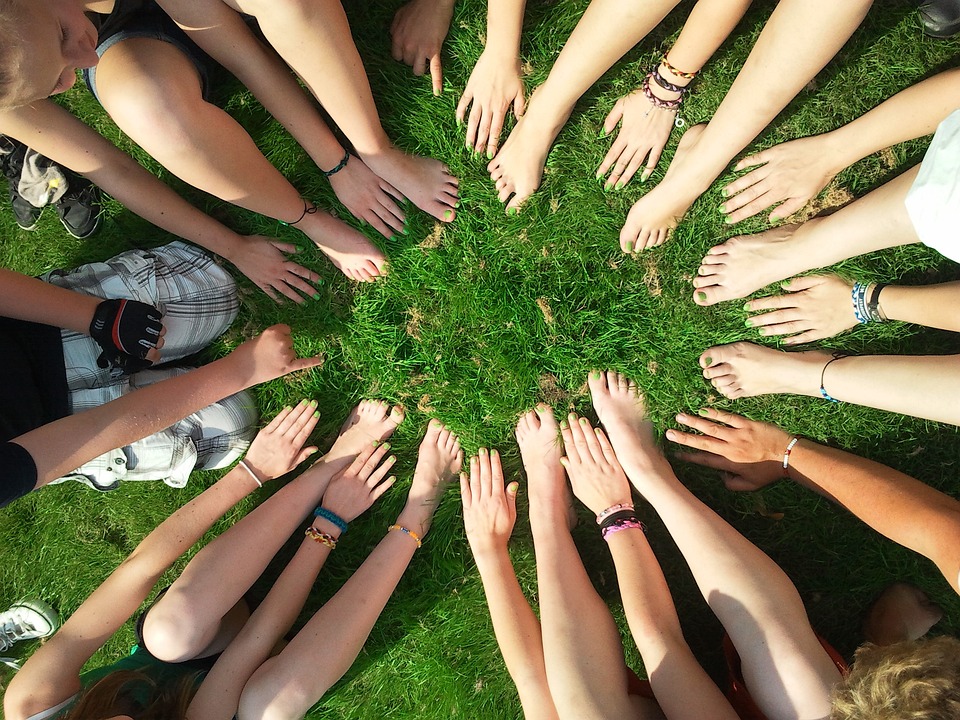Preserving Local History: The Importance of Community Heritage
Preserving local history is crucial in maintaining a sense of identity, connection, and pride within a community. From historic landmarks and buildings to stories passed down through generations, these aspects of local history contribute to the cultural fabric of a community and help shape its collective memory. In this article, we will explore the significance of preserving local history and the role it plays in fostering a sense of community heritage.
Connecting the Past to the Present
Local history allows us to connect the past to the present and understand how our community has evolved over time. By preserving historic landmarks, artifacts, and stories, we are able to see the tangible evidence of the events and people that shaped our community. This connection to the past helps us appreciate the struggles and triumphs of those who came before us and provides a context for our own lives.
When we understand our community’s history, we are better equipped to make decisions about its future. By learning from the successes and failures of the past, we can work towards building a better, more inclusive future for all residents. Preserving local history also helps us maintain a sense of continuity and unity, as we recognize our shared heritage and values.
Fostering a Sense of Identity and Pride
Preserving local history fosters a sense of identity and pride within a community. When residents know and appreciate their community’s history, they develop a stronger sense of belonging and connection to the place they call home. This sense of pride can lead to increased civic engagement and a desire to preserve and protect the unique aspects of the community that make it special.
Community heritage also plays an important role in defining the character and personality of a place. Historic landmarks, traditions, and stories create a sense of place that sets a community apart from others. This unique identity is something to be celebrated and preserved, as it enriches the lives of residents and attracts visitors who are interested in experiencing the local culture and history.
Educating and Inspiring Future Generations
Preserving local history is essential for educating and inspiring future generations. By sharing the stories, artifacts, and traditions of the past, we can teach young people about the history of their community and instill in them a sense of curiosity and wonder. Through educational programs, historic tours, and interactive exhibits, we can engage young people in learning about their heritage and spark an interest in preserving it for future generations.
Local history can also serve as a source of inspiration for young people, showing them that their community has overcome challenges and thrived in the face of adversity. By highlighting the accomplishments and contributions of past residents, we can empower young people to believe in themselves and strive for greatness in their own lives. Preserving local history is a way of passing on the wisdom and values of previous generations to ensure that they continue to shape the future.
Engaging the Community in Preservation Efforts
Preserving local history requires the participation and support of the entire community. When residents come together to protect and celebrate their heritage, they strengthen the bonds that unite them and create a shared sense of purpose. Community engagement in preservation efforts can take many forms, from volunteering at historic sites to advocating for the protection of cultural landmarks.
One way to engage the community in preservation efforts is through storytelling and oral history projects. By collecting and sharing the stories of long-time residents, we can preserve the memories and experiences that make a community unique. These stories can be recorded, archived, and shared with future generations to ensure that they are not lost to time.
Another way to engage the community in preservation efforts is through public events and celebrations that highlight the history and culture of the community. By hosting festivals, tours, and exhibitions, we can bring residents together to appreciate and learn about their shared heritage. These events can also attract visitors and tourists who are interested in experiencing the local history and culture.
Conclusion
Preserving local history is essential for maintaining a sense of identity, connection, and pride within a community. By connecting the past to the present, fostering a sense of identity and pride, educating and inspiring future generations, and engaging the community in preservation efforts, we can ensure that our heritage is protected and celebrated for years to come. By working together to preserve our community’s history, we can create a stronger, more cohesive, and more vibrant community that values and respects its past while looking towards the future.
